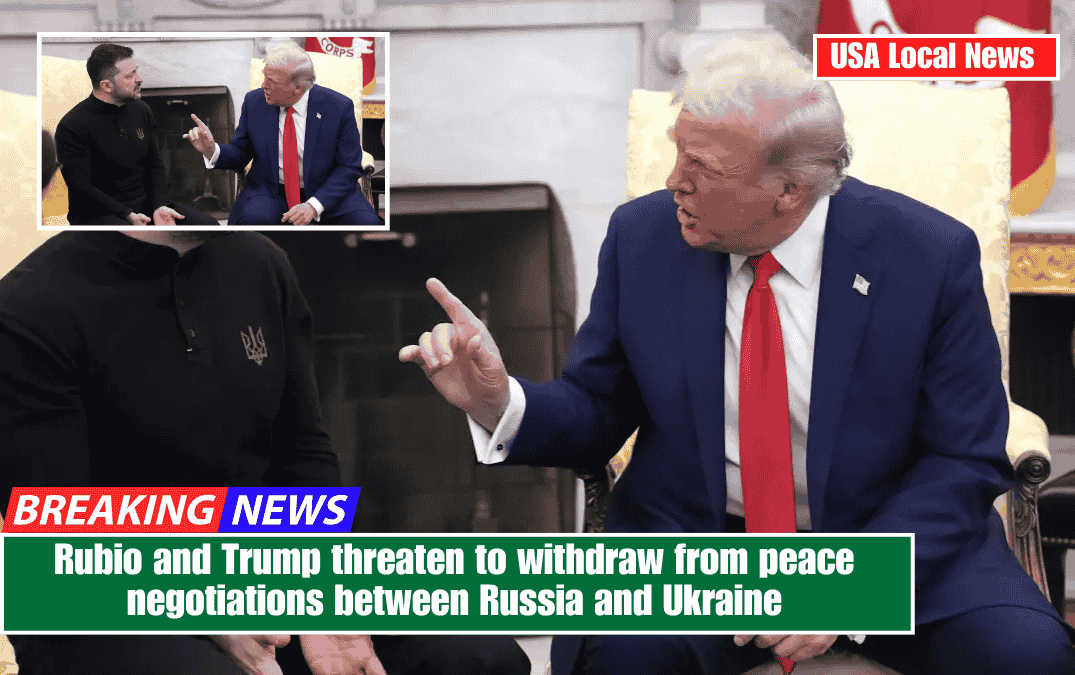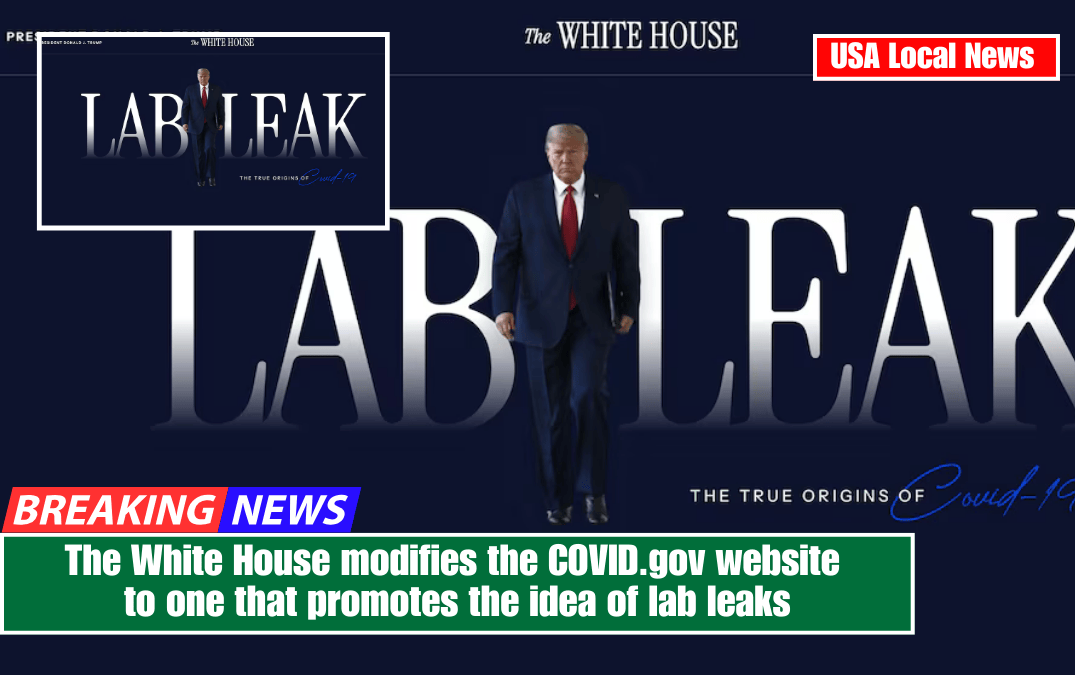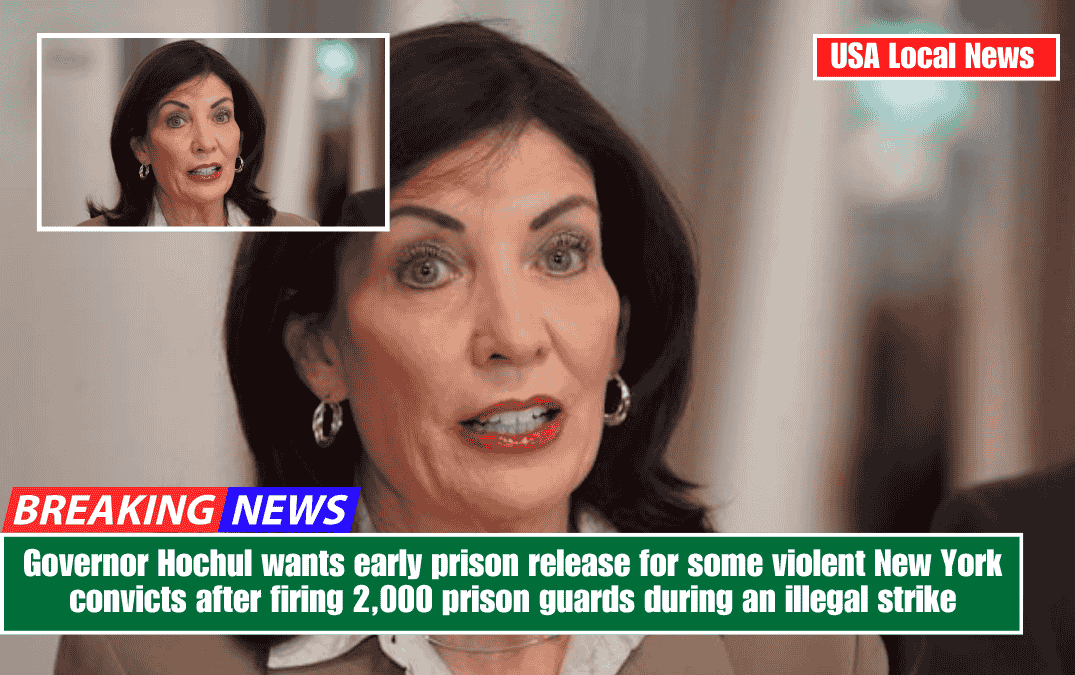WASHINGTON – The move, carrying out a Jan. 20 executive order by President Donald Trump, names Tren de Aragua in Venezuela, MS-13 in El Salvador and six groups based in Mexico. The designation will be published in Thursday’s edition of the Federal Register, according to a notice Wednesday.
Trump, a Republican, has made securing the U.S.-Mexico border among his top priorities, vowing to carry out mass deportations, sending active duty troops to the border and reaching deals with some countries to take in more migrants.
The “foreign terrorist organization” label is unusual because it deploys a terrorist designation normally reserved for groups like al-Qaida or the Islamic State group that use violence for political ends — not for money-focused crime rings such as the Latin American cartels.
Speaking to reporters Tuesday, President Trump stated that cartels are a major issue.
The Trump administration contends that the groups’ international connections and operations, which include drug trafficking, migrant smuggling, and violent attempts to expand their territory, justify the designation.
Critics of the move call it overly broad and harsh, potentially harming relations and paralyzing trade with Latin America. Businesses, banks, and buyers may face US prosecution if they knowingly or unknowingly engage in cartel-related transactions.
Such cartels pervade Mexico’s economy, fighting not only over drug trafficking and migrant smuggling, but also for control of the multibillion-dollar avocado industry.
Aid groups claim that previous US designations of groups as foreign terrorist organizations have jeopardized overall food imports into countries, for example, by making shipping companies fearful that US prosecutors will accuse them of directly or indirectly supporting the targeted groups.
Mexican President Claudia Sheinbaum stated Wednesday, before the designations were published, that “if that decree has to do with extraterritorial actions (in Mexico), those we do not accept.”
She did, however, say that Mexico agreed on the importance of moving forward with joint investigations.
“If they make this decree to investigate even more in the United States the money laundering and the criminal groups that operate in the United States, that carry out those drug sales, it is very good,” Sheinbaum told CNN. “What we do not accept is the violation of our sovereignty.”
Over the years, Trump has singled out two of the groups in political speeches and other appearances: MS-13 and Tren de Aragua.
Tren de Aragua is said to pose a threat in several cities across the United States. Trump and his allies have used the gang’s presence to portray migrants as a threat.
During his first term, Trump also cited the violent street gang MS-13 as a risk of immigration. However, it began in Los Angeles in the 1980s in communities populated primarily by El Salvadorian civil war refugees and other immigrants, and has since expanded to include many American citizens. The gang is notorious for brutal violence and street-level drug dealing.
The Sinaloa cartel, Mexico’s oldest criminal organization that traffics drugs, weapons, and people, is among the six designated terrorist groups.
One of Sinaloa’s most profitable businesses in recent years has been the production of fentanyl, which is responsible for tens of thousands of overdose deaths in the United States each year. Sinaloa imports precursor chemicals from China, manufactures the drug, and smuggles it across the border.
The United States also targets the Jalisco New Generation, Gulf, Northeast, La Nueva Familia Michoacana, and United cartels.









